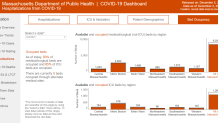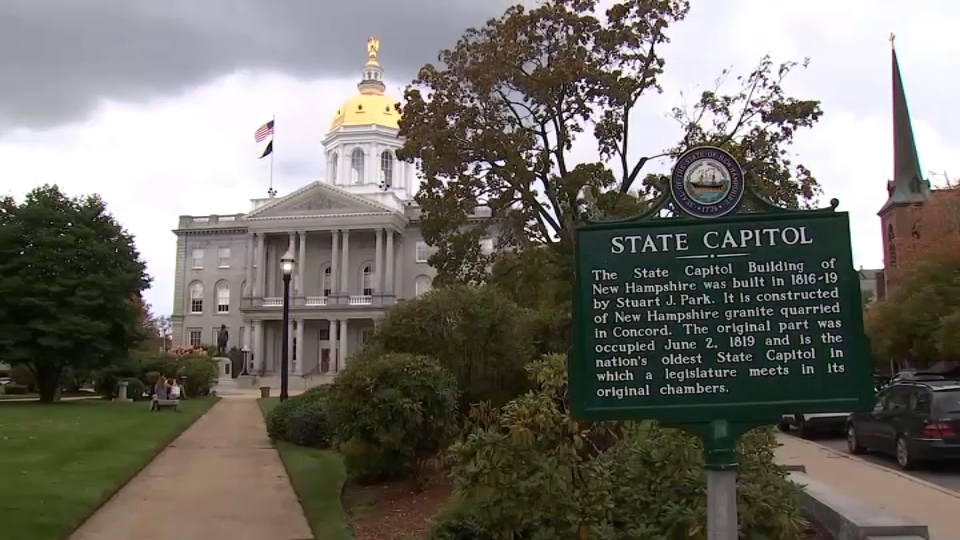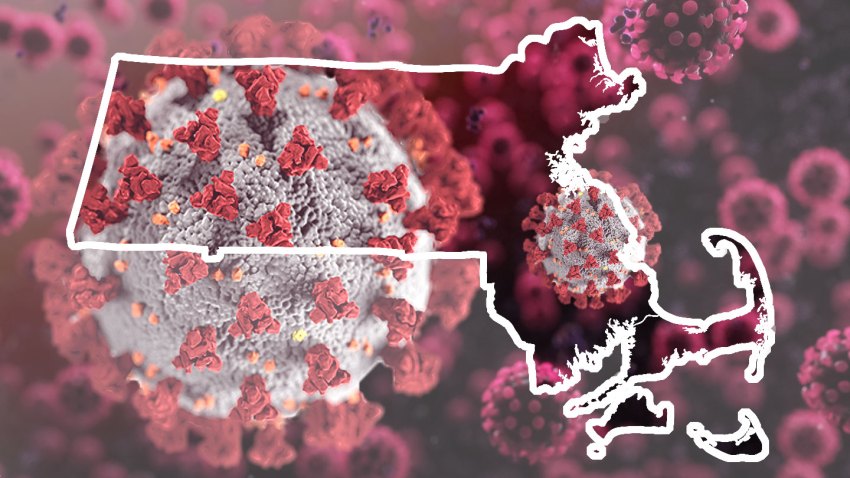With COVID positive cases going up and new unknowns with the omicron variant spreading throughout the United States, Massachusetts hospitals are urging residents to do everything they can to stay healthy.
Their emergency departments and intensive care units are already overcrowded. And officials at Boston-area hospitals said it's not just COVID cases stretching the hospitals thin -- many factors are raising concerns as we head into winter.
WATCH ANYTIME FOR FREE
>Stream NBC10 Boston news for free, 24/7, wherever you are. |
"Our hospital is completely full at this point in time and has been for at least for the past week," said Dr. Peter Smulowitz, CMO of Milford Regional Medical Center.
It's now at disaster level one, which prompted a command center being set up.
Get updates on what's happening in Boston to your inbox. Sign up for our >News Headlines newsletter.
Smulowitz saw the situation "definitely escalating after the Thanksgiving holiday," he said, going from five or six new COVID patients per day a week and a half ago to 21 new ones Friday.
Milford is no exception. As of Thursday -- the most recent day for which Department of Public Health data was available, 93% of Massachusetts' medical and surgical beds were occupied, along with 85% of ICU beds.

Last month, the Baker administration announced that any Massachusetts hospital or hospital system with limited capacity will have to reduce previously scheduled procedures deemed non-essential and non-urgent. The move was meant to preserve hospital capacity amid staffing shortages amid the ongoing coronavirus pandemic.
Some hospitals have already begun limiting capacity because of the requirement.
"We have been running anywhere between 100 and 115% occupancy routinely at the medical center's adult critical care," said Terry Hudson-Jinks, chief nursing officer at Tufts Medical Center.
But hospitals are stretched thin not just because of COVID cases. They are caring for many other illnesses, like cardiac, pulmonary and neurological problems.
"We believe perhaps some of this trend is due to deferring routine care," Hudson-Jinks said.
More COVID News
Tufts is set to open a new ICU with 12 additional beds in January or February.
UMass Memorial Health had no ICU beds available Friday evening and seven people waiting, a representative said.
Dr. Eric Dickson, its president and CEO, noted, "You've got very full hospitals backed up emergency departments … With really no end in sight."
Another issue factors in as well: extreme staff shortages. The Umass Memorial Health System normally has a 4% vacancy rate, but it's currently more than double that.
"The bigger problem is, at the skilled nursing facilities and the nursing homes and the rehabs, some of them are running to 20% vacancy rates. That really takes 20% of their beds off-line and then backs up into the hospital," Dickson said.
The hospital noted in a statement that about 200 caregiving staff were let go because they didn't comply with a vaccine requirement by Dec. 1.
After getting his booster shot Friday, Gov. Charlie Baker mentioned that staffing levels are a problem statewide: "That's taken somewhere between 500 and 1,000 beds that would otherwise be in service."
Without knowing how severe this flu season and the omicron variant will be, Umass Memorial is getting ready for a worst-case scenario.
"It's troubling and its something that we're going to keep a close eye on," Dickson said. "We are preparing the surge spaces like we did with the surge hospital" at the DCU Center.
Doctors say it's extremely important that people get their vaccinations, booster shot and mask in high-risk situations, so hospitals aren't overwhelmed.



